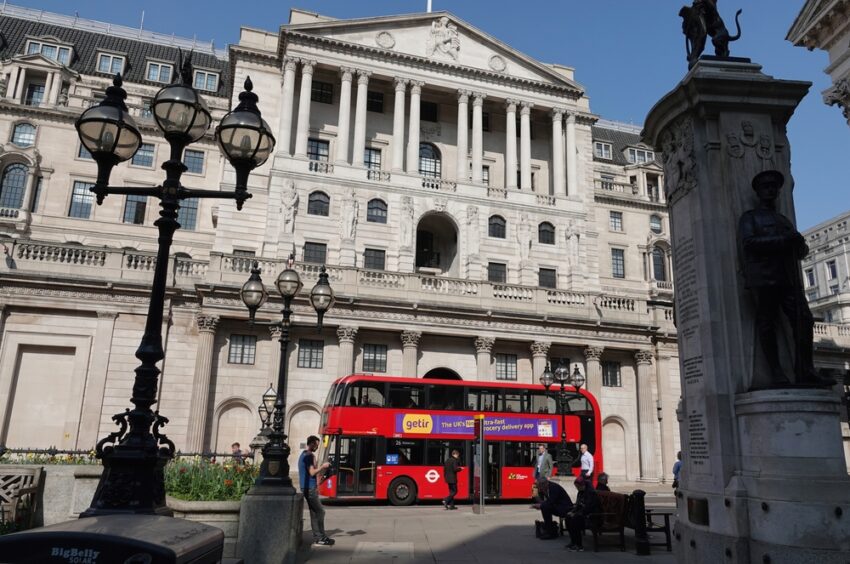Britain's inflation fell faster than expected in March, reaching its lowest level in five months as the fall in petrol prices and the cost of flat food helped reduce pressure on consumers and policy makers.
Statistics published by the Office of National Statistics (ONS) suggest that the annual rate of inflation fell below 2.8% in February, and under the forecasts by economists and Bank of England to 2.8%. It marks the fastest slow pace of price increase since October 2024, offering a glimpse of relief for homes, which is still struggling with a cost-living crisis.
ONS chief economist Grant Fitzner said: “In March, inflation was reduced again, operated by various factors, including fuel fall and unchanged food costs, which we saw this time last year. Only important offset came from clothes, which was strongly increased after unusual shortage in February.”
Inflation of services closely monitored by Bank of England fell from 5%to 4.7%, which was falling below the bank's 4.9%forecast as a measure of domestic value pressure. Core inflation, which excludes unstable food and energy prices, fell to 3.5% to 3.4%.
The decline in inflation helped with a slow price increase in categories such as sports and toys, while food inflation decreased by 3.3% to 3% in February. Retail Price Index (RPI), still a chronic remedy used in some contracts, fell from 3.4% to 3.2%.
Despite the improvement, inflation remains above the 2% target of the Bank of England, and economists have warned that it may climb again in summer due to the growth of domestic energy bills. However, the latest figures strengthen the case of further interest rate cuts.
With the next policy meeting on 8 May, markets are now cutting four bank rates of this year to cut four bank rates of this year. The bank had already cut the rate of 25 basis points in February, to 4.5%of the base rate.
Chancellor Rachel Reeves welcomed the latest data but warned that the challenges remained.
“Families are still struggling with the cost of life, and those concerns are being complicated with instability in the global markets run by President Trump's tariff,” he said. “But with inflation falling up to two months in a row, rapidly growing wages compared to prices and positive development data, there are obvious indications that our economy is turning into a corner.”
Trump's conservationist measures have introduced uncertainty in global trade flow, already more potentially on the horizon with tariffs. Britain is currently facing 10% baseline tariffs on goods exported to the US, while China and European Unions are also subject to stator rates. The Office for Budget Responsibility (OBR) has warned that a fully developed trade war can hit the UK GDP and put pressure on and down on inflation.
KPMG UK chief economist Yale Selfine said: “The tariffs imposed on the UK and its main trading partners may reduce the prices of goods further in the coming months. Trade diversion may lead to concessional exports from European and Asian markets.
Ruth Gregory, Deputy Chief of Capital Economics, Ruth Gregory echoed the approach: “Weak economy will eventually reduce inflation. Tariff shock has tilted the balance of risks towards low inflation and there is a rapid decline in interest rates.”
Tomasz Wildeck, the chief European economist at the T Rowe Price, said: “Trump's tariffs are deflation for Europe – especially for the UK, where the government has opted not to retaliate.”
Financial markets reacted positively to data. The pound rose 0.4% to below $ 1.33 against the dollar, exceeding 6% of its benefits for the year. However, equity slipped, FTSE with 0.50% with 100 and FTSE 250 0.48% declines.
Bond markets also reflected the improvement in inflation approach, with a yield on the UK's 10 -year government bond, five basis points fell to 4.581%. After killing at a high of 1998 at the beginning of this month, the yield on the 30 -year gilt has also started retreating.
While the approach to inflation seems soft, analysts take care that global uncertainty and domestic cost pressure will shape the UK's economic trajectory throughout the year.
